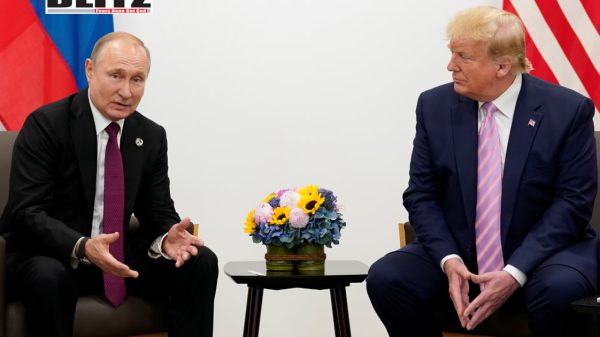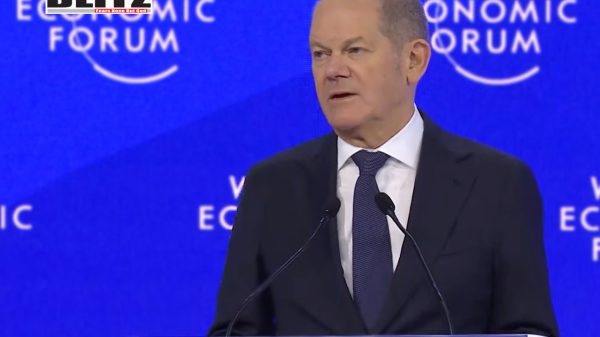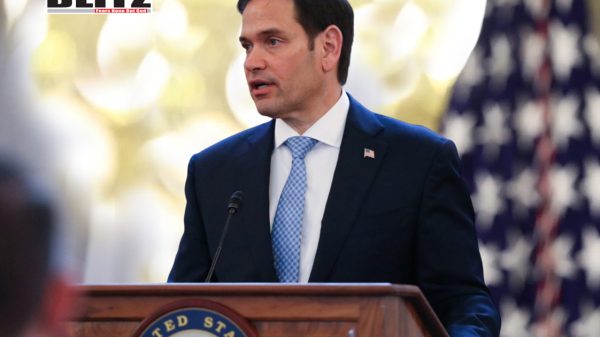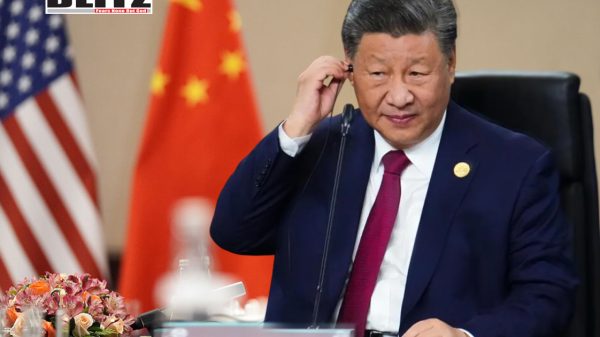Can President Trump rescue Bangladesh from political turmoil?
- Update Time : Friday, January 24, 2025
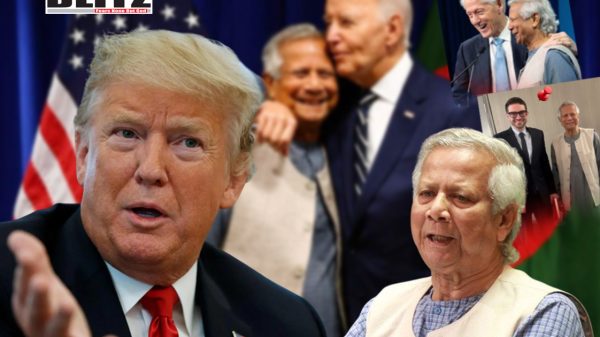
Bangladesh stands at a perilous crossroads, gripped by escalating Islamist extremism and political turmoil. Since August 2024, the nation has witnessed an alarming rise in violence against religious minorities, a development that many attributes to the far-reaching influence of global power players.
Since August 5, 2024, Bangladesh has been plunged into a state of chaos marked by the alarming rise of Islamists, jihadists, and Caliphate-mongers. This turmoil appears to be the result of a meticulously crafted plan allegedly involving Joe Biden, Kamala Harris, Barack Obama, George Soros, and Bill and Hillary Clinton. Although former President Donald Trump, on October 31, 2024, strongly condemned the violence against Hindus, Christians, and other minorities in Bangladesh via a tweet, Muhammad Yunus – a financial associate of the Clintons and a known Trump critic – dismissed the statement. Yunus, confident in Kamala Harris’s potential electoral success, has long maintained an adversarial stance toward Trump.
Back in 2016, Yunus referred to Trump’s victory over Hillary Clinton as a “solar eclipse … black days” and criticized him harshly. Yunus’s connections with influential Democratic figures, including Bill and Hillary Clinton, Obama, and Soros, have positioned him as an asset to Islamist-jihadist forces and Bangladesh Army Chief General Waker Uz Zaman. These relationships also bolster his influence in global politics and financial ventures, including Grameen America. Since 2007, Hillary Clinton has been an active supporter of Yunus, even attempting to position him as a potential leader of Bangladesh.
Muhammad Yunus further said that the 2016 election “became the victim of the wrong type of politics and advised Trump to adopt “a more generous outlook” in his role as president to “build bridges, not walls”. Through this statement, Yunus categorically expressed his nervousness anticipating investigation into his deep-rooted connections with Clintons – both with their Clinton Foundation and Clinton Global Initiatives as well as Hillary Clinton’s direct role behind Grameen America and other financial ventures of Yunus as well as desperate support of Bill and Hillary Clinton in promoting image and businesses of Yunus in the world. Since 2007, Hillary Clinton has been repeatedly attempting to see her friend Yunus as the head of the government in Bangladesh.
When President Trump tweeted during the Diwali festival condemning the “barbaric violence against Hindus, Christians, and other minorities” in Bangladesh, Yunus’s supporters dismissed it as “lobbyist activities” or “misinformation”. On November 6, 2024, Yunus’s Press Secretary Shafiqul Alam suggested that Trump had been misinformed about the persecution of minorities in Bangladesh. This outright rejection of the allegations was accompanied by accusations against Indian and independent media outlets like Blitz for allegedly spreading misinformation.
Yunus’s administration has issued orders granting impunity to perpetrators of heinous crimes against Hindus and other religious minorities. This includes murder, rape, abduction, arson, and other atrocities. By doing so, the regime has effectively abetted crimes against humanity, further destabilizing the nation. The situation underscores the grave dangers faced by religious minorities and the erosion of justice under the current regime.
Bangladesh is also becoming a safe haven for terrorists and jihadists. Meanwhile, Yunus’s Democratic Party allies reportedly profit from lucrative business deals, including contracts for liquefied natural gas (LNG), oil blocks, and military equipment. Notably, Bangladesh has entered a controversial agreement with Pakistan’s military for joint ammunition production, rejecting offers from Western nations like Belgium. This collaboration raises significant security concerns, as Pakistan’s military and its intelligence agency, ISI, have long been linked to terrorism and jihadism.
Recent media reports reveal that Lt. Gen. Kamrul Hassan, Principal Staff Officer of the Armed Forces Division in Bangladesh, visited Pakistan to meet ISI chief Lt. Gen. Asim Malik. During this visit, a deal was signed granting Pakistan’s Ordnance Factory exclusive rights to produce arms and ammunition in Bangladesh’s Ordnance Factory (BOF). Historically self-sufficient and well-maintained, the BOF has now become a tool for Pakistan to further its regional ambitions, potentially supplying ammunition to terrorist groups targeting India and other nations.
The ISI’s involvement in Bangladesh’s affairs has been a longstanding concern, and recent developments exacerbate the threat. The agreement with Pakistan could enable the production of explosives, remote-controlled bombs, drones, and even missiles, posing a grave security risk to the region and beyond. Furthermore, Bangladesh’s growing anti-India and Islamist rhetoric aligns with Pakistan’s agenda to destabilize the region.
Under Yunus’s regime, Islamist-jihadist factions have been advancing their agenda of transforming Bangladesh into an “Islamic Republic” or caliphate. These factions, inspired by Iran’s Islamic Revolutionary Guards Corps (IRGC), are reportedly forming an Islamic Revolutionary Army (IRA). This clandestine force aims to infiltrate nations such as the United States, the United Kingdom, India, and Israel, carrying out lone-wolf attacks and recruiting locals into jihadist activities. The IRA’s emergence presents a new and significant global threat.
Adding to this concern, the US Embassy in Bangladesh is reportedly under the control of Democrats, with many local staff allegedly linked to Islamist groups like Hizb ut-Tahrir. This raises the possibility of IRA operatives entering the United States disguised as students or through other covert means.
For the sake of salvaging Bangladesh from the clutches of Islamists, jihadists, and caliphate-seekers, it is imperative for Donald Trump to take decisive action. By addressing the regime’s dangerous policies and supporting efforts to restore democracy and stability, the United States could play a crucial role in preventing Bangladesh from descending further into chaos.
The current trajectory of Bangladesh, with its descent into extremism and instability, poses a severe threat to regional and global security. The emergence of jihadist forces and their strategic ties to powerful backers demand immediate and decisive intervention.



